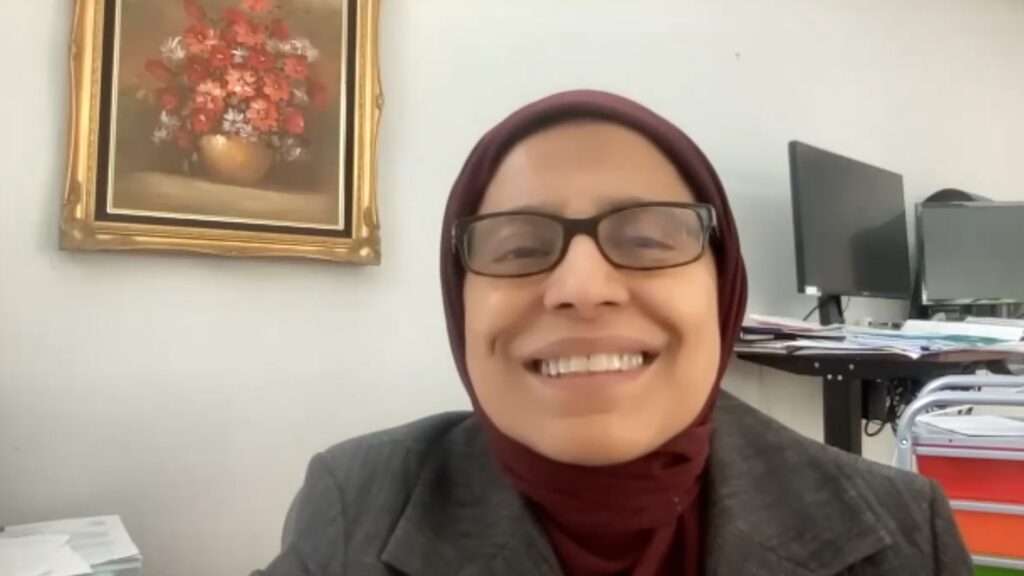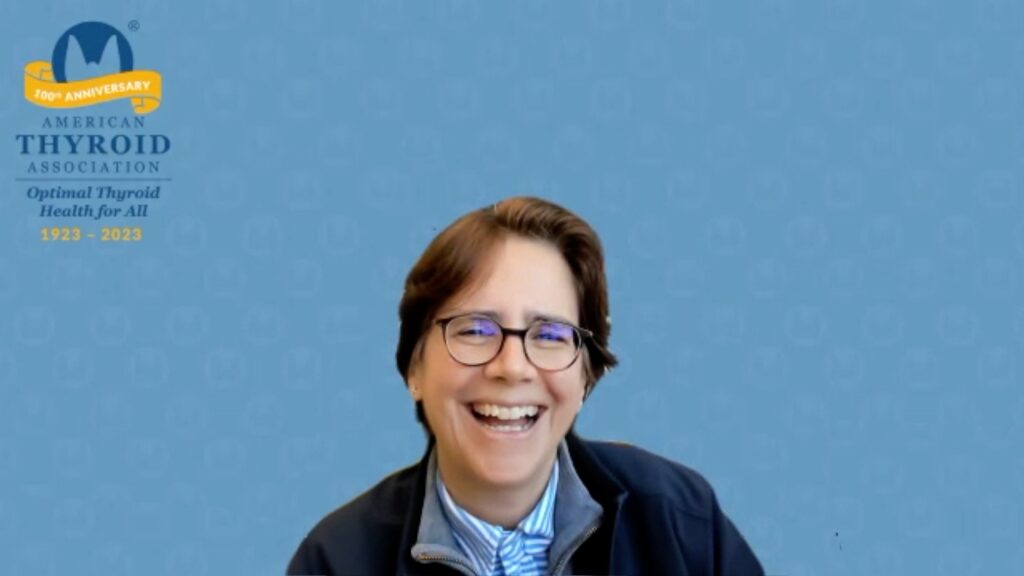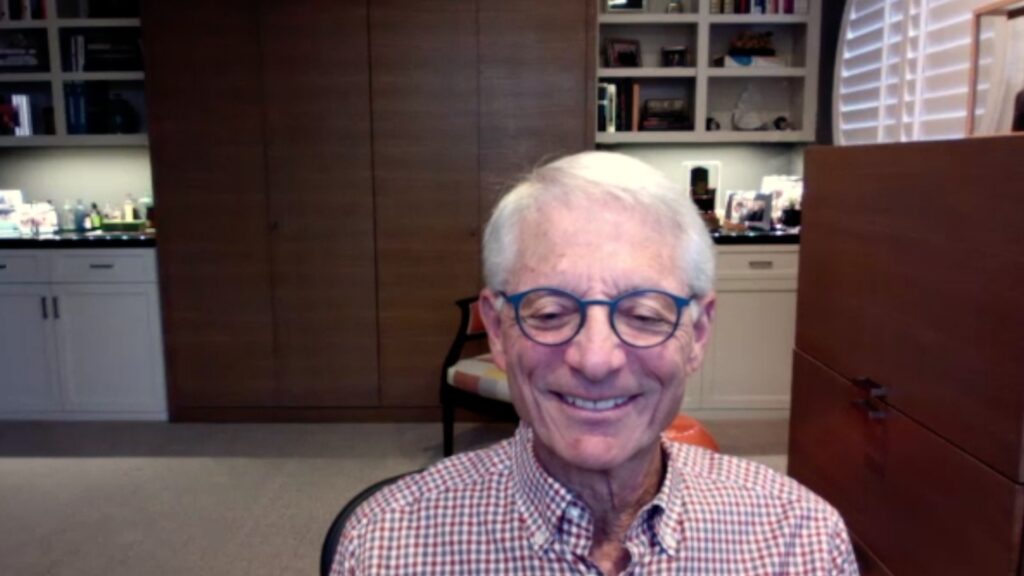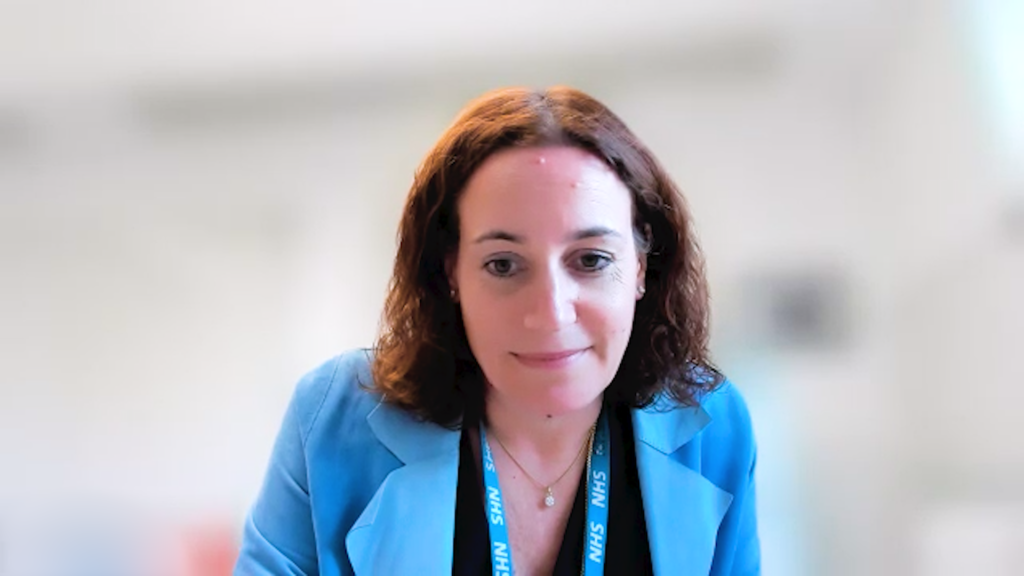
Dr Harrell currently practices interventional thyroidology and parathyroidology in South Florida. Nine years ago, he and his surgical partner, Dr David Bimston, founded the Memorial Center for Integrative Endocrine Surgery with the Memorial Healthcare System in Broward County, Florida. Their practice includes two endocrine surgeons, three Endocrine Certification in Neck Ultrasound (ECNU) certified imaging endocrinologists, a nurse practitioner, a surgical PA and seven support staff. Dr Harrell is a past-president of American Association of Clinical Endocrinologists (AACE) and the American College of Endocrinology (ACE).
What are your highlights of 2019?
We published our performance data on the Veracyte Afirma Genomic Sequencing Classifier (GSC) in the February 2019 Endocrine Practice. This demonstrated that in our busy community integrative endocrine surgery practice, this new technology is much more effective in limiting thyroid surgeries in patients with Hurthle Cell rich FNA’s than the first generation Afirma GEC. In 2014, we were among the first to report a high surgical intervention rate in patients with Hurthle Cell rich biopsies using the Afirma GEC. To Veracyte’s credit, they went back to the drawing board and spent many millions of dollars validating the new GSC technology and based on our preliminary data, the new product is much improved. The Hurthle Cell issue is very important because 20% of our biopsies are Hurthle Cell rich with particular issues in Hashimoto’s glands and some multinodular goiters.
We continue to build our 5000+ patient clinical thyroid and parathyroid database. Our interests are in collecting ultrasound, thyroid cytology and surgical pathologic data to investigate the efficacy of new molecular technologies and the impact that mutational analysis can have on thyroid cancer outcomes.
With thyroid cancer being so prevalent, doctors have to ensure that their clinical practice decision-making keeps up with new and surprising molecular research insights. The only effective way to do this is with the assemblage of a clinical database where patient data can be entered and stored in a Health Insurance Portability and Accountability Act (HIPPA) compliant fashion for careful ongoing analysis.
Support: No funding was received in the publication of this Insight article.
Published: 4 December 2019










